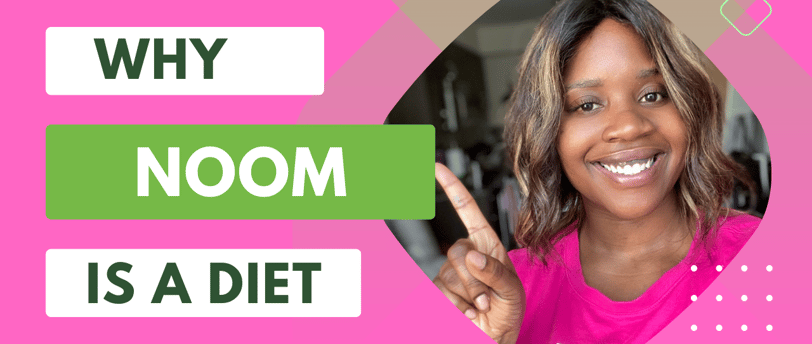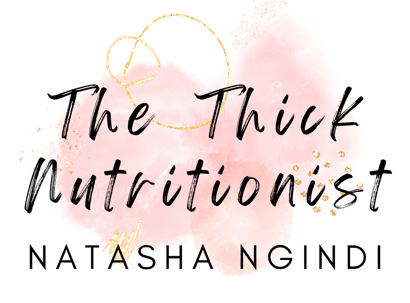3 Reasons Why Noom is a Diet in Disguise
In this eye-opening blog post, I'll explore Noom, the popular weight loss app, from my personal perspective as an anti-diet nutritionist. While Noom claims to be a lifestyle and wellness program, I'll uncover three compelling reasons why I believe it is, in fact, a diet in disguise.
Natasha Ngindi
7/6/20233 min read


Today, I'd like to have an honest and friendly chat about Noom, that well-known mobile-based weight loss and wellness program. I've always been intrigued by Noom, but I've also noticed a few significant concerns that need some attention. In this heartfelt blog post, I'm going to explore three critical issues related to Noom, all while emphasizing the importance of taking a more compassionate and holistic approach to our health journeys.
1. Color-Coded Categorization: A Misleading System
First things first, let's talk about Noom's colourful categorization system: red, yellow, and green. While it might seem helpful at first glance, it can be deceiving. It resembles the simplicity of a traffic light, where green means "go" and red means "stop," leading users to believe it's a straightforward guide to healthy eating. It seems like a traffic light guiding us to healthier choices, however; I've found that nutrition is much more complex than simple colour codes can represent.
The problem arises when we try to label foods as "good" or "bad." I've personally experienced how this can lead to a somewhat obsessive relationship with food tracking and categorizing—similar to what I've felt with traditional diets. I understand how this can create stress and frustration.
Solution: Instead of fixating on colour codes, try adopting a more balanced approach that focuses on intuitive eating. This means listening to your body's cues and making choices based on what feels right for you, without rigid restrictions. Listening to my body and making choices that feel right for me, without the pressure of colour codes, has made a world of difference.
2. Weight Loss as the Primary Goal: A Flawed Approach
Noom, like many other diets, tends to emphasize intentional weight loss as the ultimate goal. This perpetuates the stereotype that thinner means better, and that losing weight is an ultimate marker of health; however, this perspective is overly simplistic and potentially harmful. Weight is influenced by various factors, So, even if it feels like the scale isn't cooperating, it doesn't mean you're failing.
While it's natural to want to shed a few pounds, I've come to realize that health is more than just a number on the scale; and everyone's body reacts differently to diet and exercise. Focusing solely on shedding pounds disregards the complexity of our bodies. People can eat the same foods and follow similar exercise routines, yet their bodies react differently. Some may lose weight, some may gain, and others may remain unchanged.
When weight loss is the sole focus, it can be discouraging for those not seeing immediate results. This obsession with the scale can lead to a distorted relationship with food and body image.
Solution: Shift the focus to overall well-being. Concentrate on adopting healthy habits that make you feel good, rather than fixating on a specific number on the scale. In my experience, shifting the focus towards overall well-being has been incredibly liberating. Prioritizing habits that genuinely make me feel good and healthy, regardless of what the scale says, has been a game-changer.
3. The Subscription Dilemma: Cost and Sustainability
Now, about Noom's subscription-based model - I understand that it might feel like a commitment and a great investment towards your health. They promise results if you follow their program and invest in their services. However, I've also noticed that this can become a financial burden.
Many diet programs encourage purchasing specific products and subscriptions that are essential for success. This creates a cycle where you might feel locked into a program, even if it's not the right fit for you.
Solution: Look for approaches that empower you to take charge of your well-being without draining your wallet. You can take charge of your well-being without ongoing financial commitments. Consider a free alternative to dieting such as intuitive eating, which will help you focus more on holistic wellness, and long-lasting practices.
By making choices that genuinely align with your unique needs and goals, you can achieve real, sustainable health without the stress of diet culture. Let's prioritize well-being and self-care over quick fixes and strive for a healthier, happier future. You've got this! 😊


